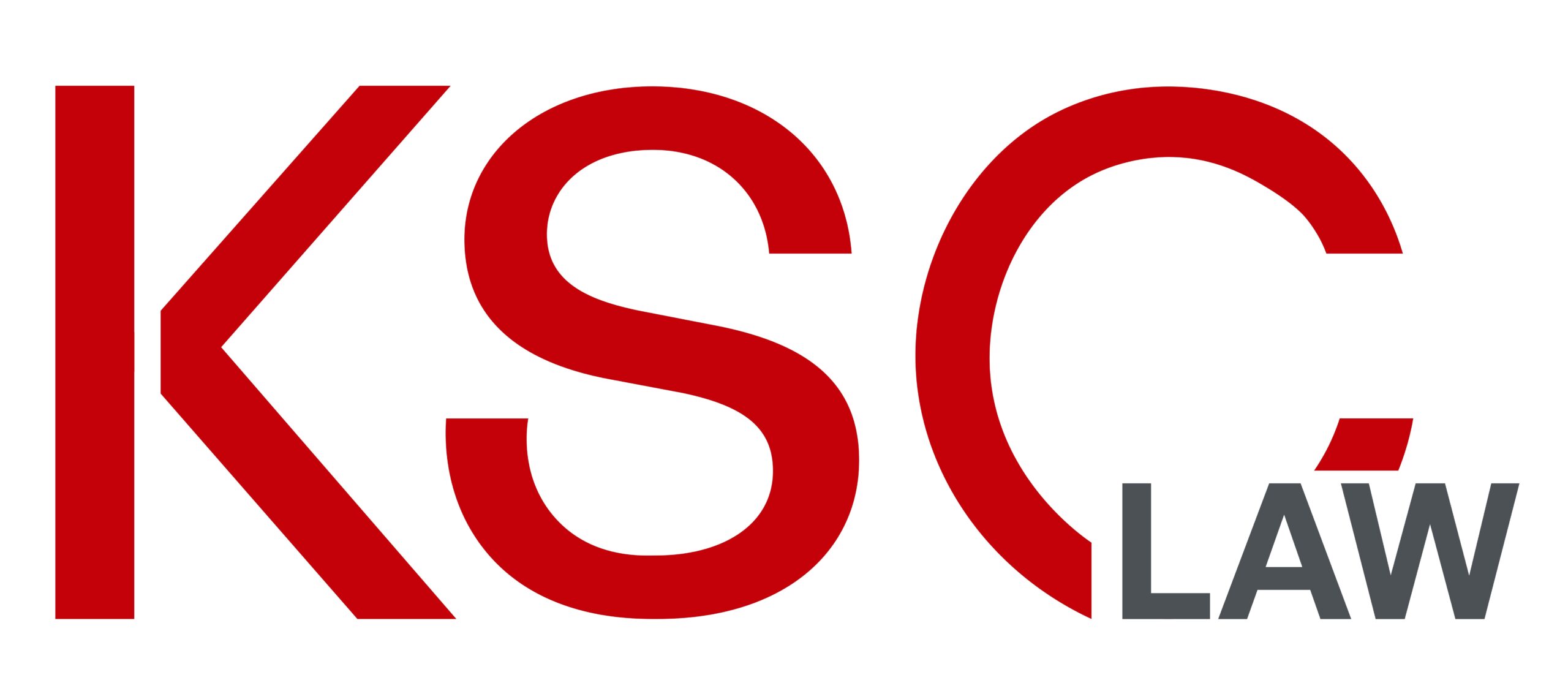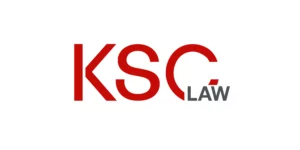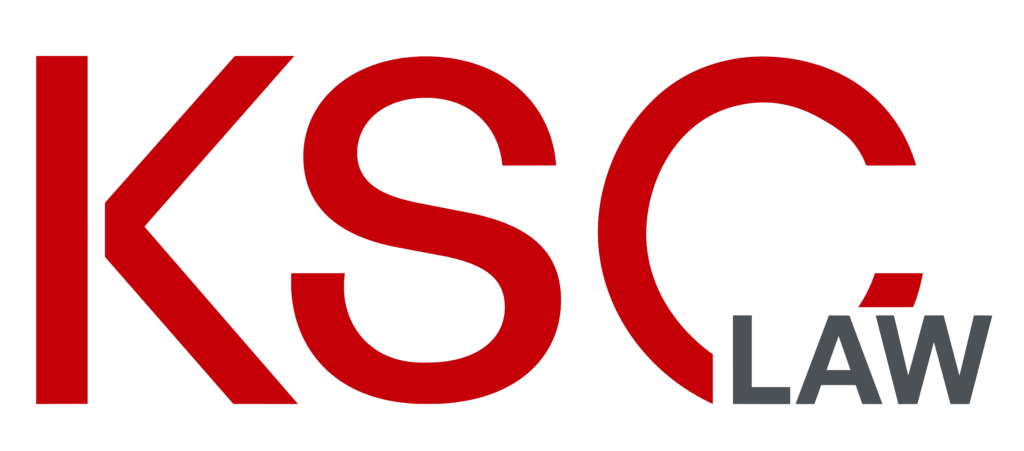By Christopher R. Ryon, Principal, Kahn, Smith & Collins, P.A.
Bender’s Labor & Employment Bulletin September 2022
National Labor Relations Board (“Board”) General Counsel Jennifer Abruzzo, a former union-side labor lawyer, has a robust pro-worker and pro-union agenda. Abruzzo has acted swiftly to push for greater access for unions, including the right to information from employers. In Memorandum GC21-04 (“Mandatory Submissions to Advice”), the General Counsel identified cases and areas of the law she would like the Board to revisit. One such area is a union’s right to information concerning an employer’s pre-discipline investigation of a bargaining unit employee. The General Counsel would like the Board to review its recent decision in United States Postal Service, 371 NLRB No. 7 (2021), in which the Trump Board held that the union does not have the right to employer information related to the employer’s pre-discipline investigation of a bargaining unit employee while the investigation is ongoing.
This article examines the Board’s decision in United States Postal Service and Chairman McFerrin’s dissent, which serves as roadmap for how the Biden Board might approach a case about union access to information related to an Employer’s pre-discipline investigation.1 It also discusses the practical implications, including benefits, of employers sharing “pre-investigative” information with unions.
Union’s Right to Information
The Supreme Court has held that an employer has a statutory obligation to provide to a union that represents its employees requested information that is relevant and necessary to the union’s performance of its duties as the exclusive bargaining representative.2
Pursuant to Section 8(a)(5) and (d) of the National Labor Relations Act (“NLRA”), an employer must provide a requesting union with information that is necessary and relevant for the performance of its duties.3 This includes information necessary “for grievance adjustment and contract administration.”4 The Board has established that information requested regarding bargaining unit employees, and especially the filing, or possible filing, or processing of grievances is presumptively relevant.5
The caselaw is clear that a union is entitled to information related to employee discipline. What has been less clear is when the union became entitled to this information.
The Board Limits When a Union is Entitled to Pre-Discipline Investigatory Information
In its 2021 United States Postal Service decision, the Board addressed the question of when a union becomes entitled to the employer’s disciplinary-related information.6 The background facts are as follows. On November 20 and 27, 2018, employee Charlotte Barker failed to report to work. The employer, United States Postal Service, issued Barker absence without leave (AWOL) charges, which were notifications of the allegations against her. On November 28, 2018, the employer notified her union, Local 300, American Postal Workers Union (APWU), that the employer had scheduled a pre-disciplinary interview to discuss Barker’s AWOL charges. In advance of the investigative interview, scheduled for December 4, 2018, the APWU requested of the employer copies of all records and documents related to the investigation. On December 3, 2018, the employer responded, “Cart before the horse. This is an investigatory interview and if we take action then you can have copies.”7 In other words, the employer responded that the Union’s request was premature.
On December 6, 2018, the APWU filed an unfair labor charge against the employer alleging that it failed to provide the requested information in a timely manner. The employer insisted that it had no duty to furnish any information before a disciplinary decision had been made, and, in this case, the employer continued to delay in furnishing it after it issued a termination notice on December 11, 2018. The Employer did not provide the responsive information until January 10, 2019.
The APWU filed an unfair labor practice charge alleging that the employer failed to provide the requested information in a timely manner. The case was tried before an NLRB administrative law judge (“ALJ”), who found that the employer violated the Act by unreasonably delaying providing the Union with the requested information. The ALJ found that the information requested by the Union pertained to discipline and a potential grievance concerning employee’s attendance and was therefore presumptively relevant. The ALJ concluded that the union, in representing the bargaining unit employee, needed the requested information prior to the investigative interview to effectively understand the charges levied against her, to counsel her, and to prepare to represent her.
On review, the Trump Board adopted the ALJ’s conclusion that the employer violated Section 8(a)(5) and (1) by the delay in providing the requested information to the Union. A majority (Members Emanuel and Ring; Chairman McFerran, dissenting), however, reversed the ALJ’s finding that the employer’s obligation to furnish that information began shortly after the request was made, and, instead, found that the employer was obligated to provide the information only after the conclusion of the investigation.
The Trump Board declared “[w]here an employer announces that it will conduct an investigatory interview of an employee alleged to have committed misconduct and a union, prior to that interview, requests relevant information concerning the interview, the employer may refuse to disclose such information while the investigation is ongoing, but must provide it at the conclusion of the investigation.”8 The Trump Board claimed that its holding is consistent with both the Supreme Court’s decision in NLRB v. J. Weingarten,9 and the Board’s decision in Pacific Telephone & Telegraph Co.10
In Weingarten, the Supreme Court held that Section 7 of the Act grants employees the right to request the attendance of a union representative in any interview that he or she reasonably fears may result in discipline.11 The Trump Board in United States Postal Service emphasized that the Court in Weingarten was not granting a union “any particular rights with respect to pre-disciplinary discussions which [the union] otherwise was not able to secure during collective-bargaining negotiations,” and that the Court specifically declared that “[t]he employer has no duty to bargain with the union representative at an investigatory interview.”12
Under the Trump Board’s analysis, because the Court held in Weingarten that an employer has no duty to “bargain” with a union representative during an investigatory interview, then it follows that the employer had no obligation to provide the investigation-related information to the Union while the investigation was ongoing.
The Trump Board also pointed to the Board’s 1982 decision in Pacific Telephone, which established that if the Weingarten right to representation is to be “anything more than a hollow shell,” both the employee and the representative must also have some indication of the subject matter being investigated.13 The Trump Board quoted the Board’s statement in Pacific Telephone that the employer “does not have to reveal its case, the information it has obtained, or even the specifics of the misconduct to be discussed. A general statement as to the subject matter of the interview, which identifies to the employee and his representative the misconduct for which discipline may be imposed, will suffice.”14 The Trump Board concluded that the Board in Pacific Telephone ruled consistently with Weingarten in holding that, in advance of an investigatory interview, an employer does not have to disclose the information it has obtained and that it sees no reason to depart from what it characterizes as “plain, well-established precedent.”15
Relying on Weingarten and Pacific Telephone, the Trump Board found that the Employer’s obligation to provide the information began on December 11, 2018, when the Employer completed its investigation of employee’s misconduct. Under this framework, where an employer announces that it will conduct an investigatory interview of an employee alleged to have committed misconduct, prior to that interview, the employer may refuse to disclose such information while the investigation is ongoing but must provide it at the conclusion of the investigation.
Chairman McFerran’s Dissent Foreshadows How the Biden Board Would Approach the Issue.
Chairman Lauren McFerran, the lone Democrat on the Board at the time of the United States Postal Service decision, dissented, in part, to the Board’s decision. She would have affirmed the ALJ’ s decision in its entirety, by also finding that the employer had an obligation to provide the information before the investigative interview. As we now have a Democrat-majority Board, Chairman McFerran’s decision is a preview of how the Biden Board might approach this same issue.
ChairmanMcFerranurgedthatanemployee’s Weingarten rights should not come at the expense of unions’ right to information. Chairman McFerran argued that the majority uses the employee’s concurrent Weingarten right, under Section 8(a)(1), to improperly curtail the Union’s right to relevant information under Section 8(a)(5). Conflating these separate statutory rights, Chairman McFerran contended that the majority impermissibly narrowed the scope of the Union’s Section 8(a)(5) right to information, and that it presumed – in the absence of any actual evidence – that providing the requested relevant information would have interfered with the Respondent’s managerial prerogatives. Rather, as the ALJ found, McFerran urged “there is no evidence that witnesses needed protection, evidence was in danger of being destroyed, testimony might be fabricated or there was a need to prevent a coverup.”16
Chairman McFerran expressed concern that majority’s rule will now permit all employers to lawfully withhold relevant, readily available information at the moment that it would be of greatest value to unions and the employees they represent. This would limit unions’ ability to effectively to carry out their statutory duty to represent employees and to “encourage resolution of disputes” before they disrupt the workplace.”
McFerran emphasized the productive role that a union representative can play in the disciplinary process. An experienced union representative can propose solutions to workplace issues and could assist the employer by eliciting favorable facts, and “save the employer production time by getting to the bottom of the incident occasioning the interview.”18 According to Chairman McFerran, the requested documents were indisputably relevant to the Union’s representation of Barker in the investigatory interview, and the information would have assisted the union representative in preparing himself and the employee for the meeting and in participating effectively. She pointed out that the union representative “could properly have used the information to elicit favorable facts on employee’s behalf, present an informed defense, and propose potential solutions short of discharge.”19
Chairman McFerran would find that the Employer violated Section 8(a)(5) and (1) by refusing to provide the requested information before the December 4, 2018 investigatory interview.
Practical Implications
At least for now, employers can withhold information from unions while an investigation is ongoing. That may soon change with the current General Counsel and Board.
Regardless of how the Board pendulum swings on this issue, many employers elect to provide pre-discipline information to unions as a matter of course. They make the calculation that greater transparency is good for the collective bargaining relationship, and that the facts will ultimately speak for themselves.
When employers withhold information in advance, or are coy during investigatory interviews, this can lead to employees and unions perceiving the investigatory interviews as a game of “gotcha,” and both unions and employees may be more defensive and less likely to provide a candid response.
With a disciplinary investigation, an employer may of course have legitimate concerns about confidentiality. For example, in an investigation related to allegations of violence or threats thereof, or fraud, the employer and the union may want to place limits on the disclosure of information, including the disclosure of witness identities. When an employer has asserted a confidentiality defense, it has the burden of proving that that such interests are legitimate and substantial, and that they outweigh the union’s need for information.20 This will be the case regardless of whether an employer can legally delay providing information until after the investigation is completed. Notions of fairness apply, and the parties can place boundaries of disclosure of information, such redacting names or limiting who and how documents are reviewed.
A union, under its duty of fair representation, has an obligation to administer and enforce its collective bargaining agreements, including investigating whether an employer has just cause for discipline. Upon learning that a bargaining unit employee’s performance or work conduct is under investigation, it is common for a union representative to seek information in advance of an investigatory interview. The union representative wants to know what the employer is investigating and what evidence the employer holds. A decision by the employer to withhold information until after discipline is imposed may have the effect of delaying a resolution of a potential grievance. Sharing information earlier with the union can encourage resolution of disputes before they disrupt the workplace, and it could be the difference between the union filing a grievance or not, or lead to swifter resolution or withdrawal of the grievance.
Chris Ryon is a Principal at Kahn Smith & Collins, P.A. Chris represents both private and public-sector unions in collective bargaining, contract administration, discipline and discharge cases, legislative matters, and compliance issues. Chris also litigates on behalf of unions and employees before Maryland’s courts, federal courts, the National Labor Relations Board, and other administrative agencies. He is a frequent speaker at seminars and conferences on topics of interest related to labor, employment, and government procurement law
1 The Board shall consist of five members appointed by the President with the advice and consent of the Senate. 29 U.S.C. § 153(a); see also Mathew Enter., Inc. v. NLRB, 771 F.3d 812, 813 (D.C. Cir. 2014) (noting that “[t]o exercise authority in a given case, a Board panel must include at least three validly appointed members.”). This article uses the term “Biden Board” to refer to the current Board, which includes three Democratic members, two of whom were appointed by President Biden. The article uses the term “Trump Board” to refer to the Republican majority Board that immediately preceded the Biden Board.
2 See NLRB v. Acme Industrial Co., 385 U.S. 432, 435-36 (1967); and NLRB v. Truitt Mfg. Co., 351 U.S. 149, 152 (1956).
3 Truitt, 351 U.S. at 153 (1956); Detroit Edison Co. v. NLRB, 440 U.S. 301, 303 (1979).
4 Centura Health St. Mary-Corwin Medical Center, 360 NLRB 689, 692 (2014), citing NLRB v. Acme Industrial Co., 385 U.S. 432, 435-36 (1967); Wisconsin Bell, Inc., 346 NLRB 62, 64 (2005).
5 Yeshiva University, 315 NLRB 1245, 1248 (1994); Contract Flooring Systems, 344 NLRB 925, 928 (2005); T.U. Electric, 306 NLRB 654, 656 (1992); Ohio Power Co., 216 NLRB 987, 991-92 (1975), enfd. NLRB v. Ohio Power Co., 531 F.2d 1381 (6th Cir. 1976).
6 371 NLRB No. 7 (2021).
7 Id. at 3.
8 371 NLRB No. 7 at 3(2021).
9 420 U.S. 251 (1975).
10 262 NLRB 1048 (1982), enfd. in rel. part Pacific Tel. & Tel. Co. v. NLRB, 711 F.2d 134 (9th Cir. 1983).
11 420 U.S. at 260-61.
12 371 NLRB at 5 (quoting Weingarten, 420 U.S. at
259-60).
13 262 NLRB at 1048.
14 262 NLRB at 1049 (emphasis in original).
15 371 NLRB at 4.
16 371 NLRB at 14.
17 371 NLRB at 14.
18 371 NLRB at 13 (quoting Weingarten, 420 U.S. at 263)
19 371 NLRB at 11.
20 See A-1 Door & Building Solutions, 356 NLRB 499 (2011); Northern Ind. Public Serv. Co., 347 NLRB 210, 211 (2006).






